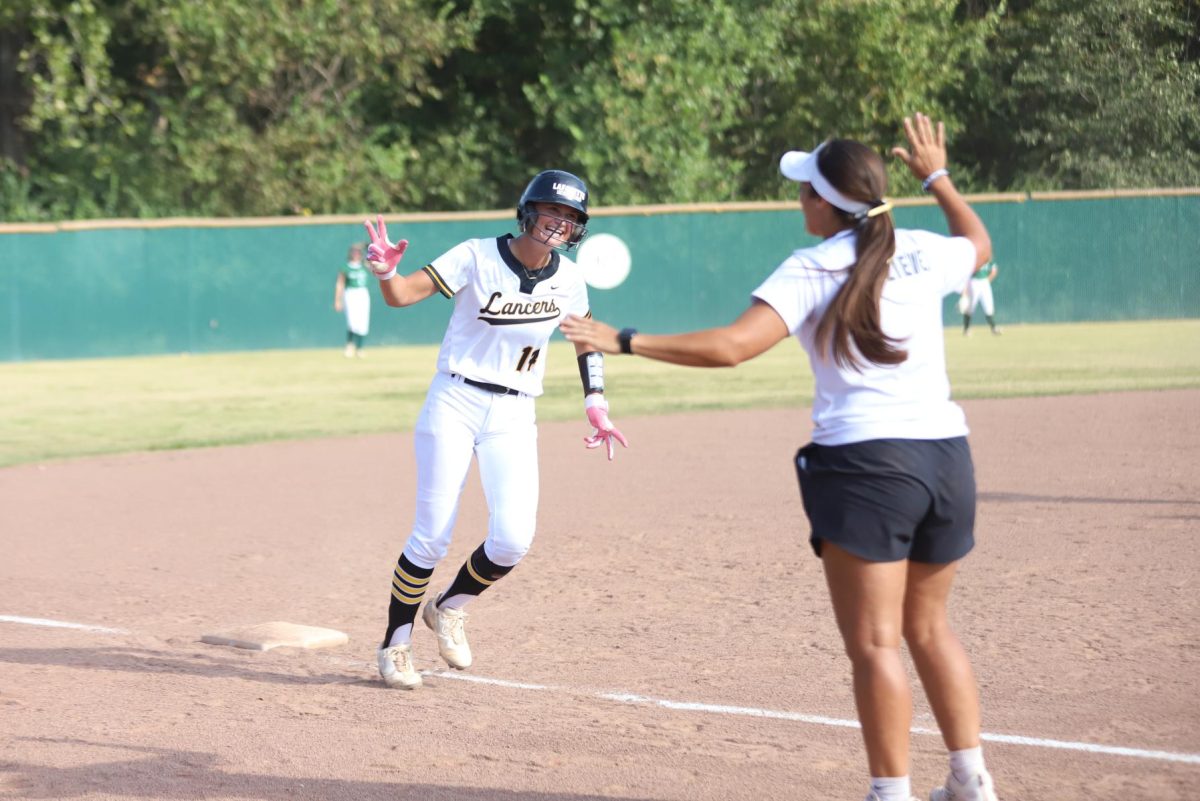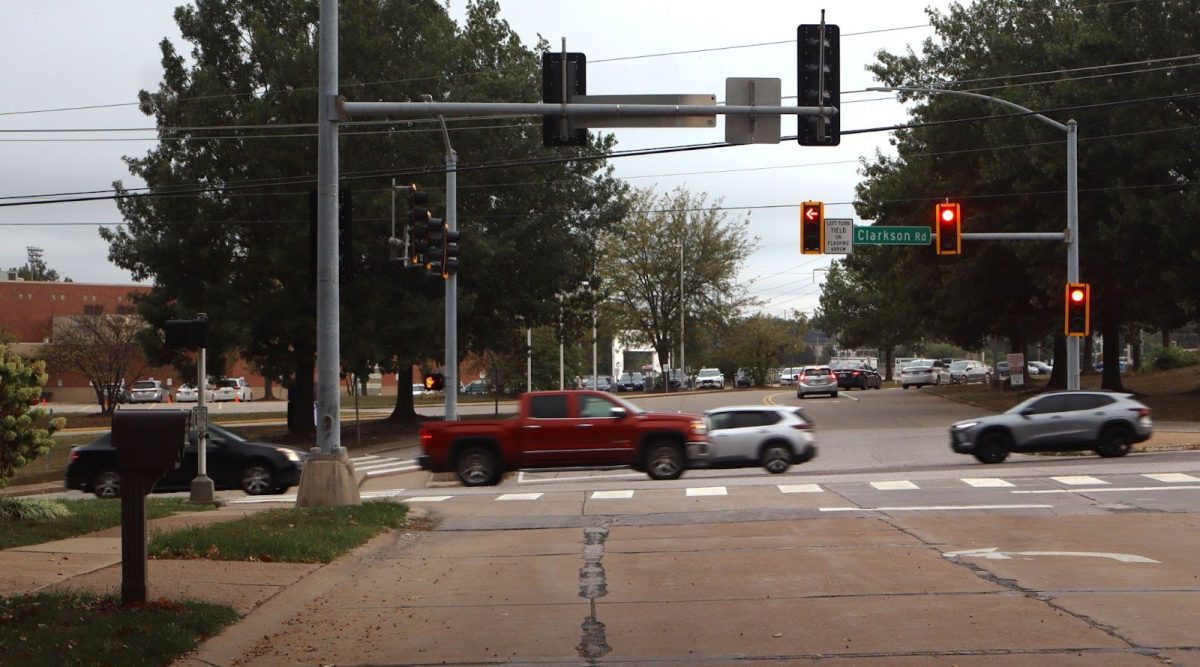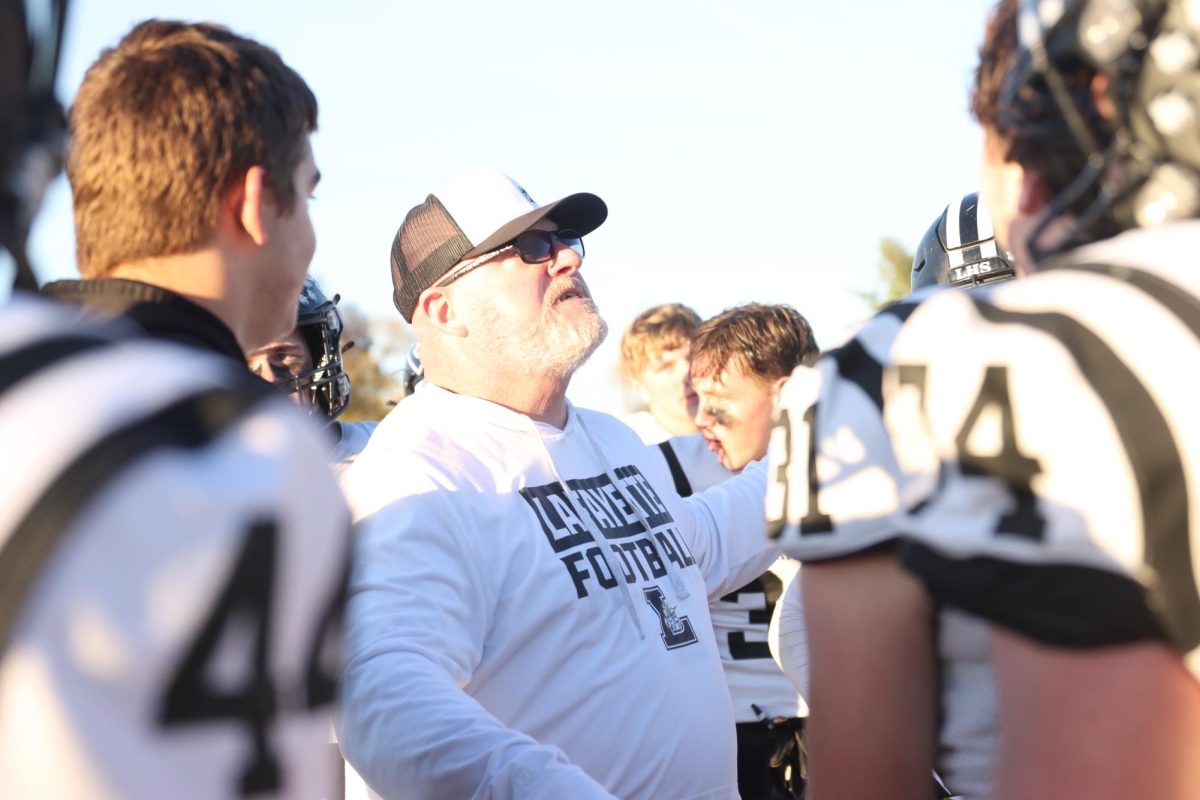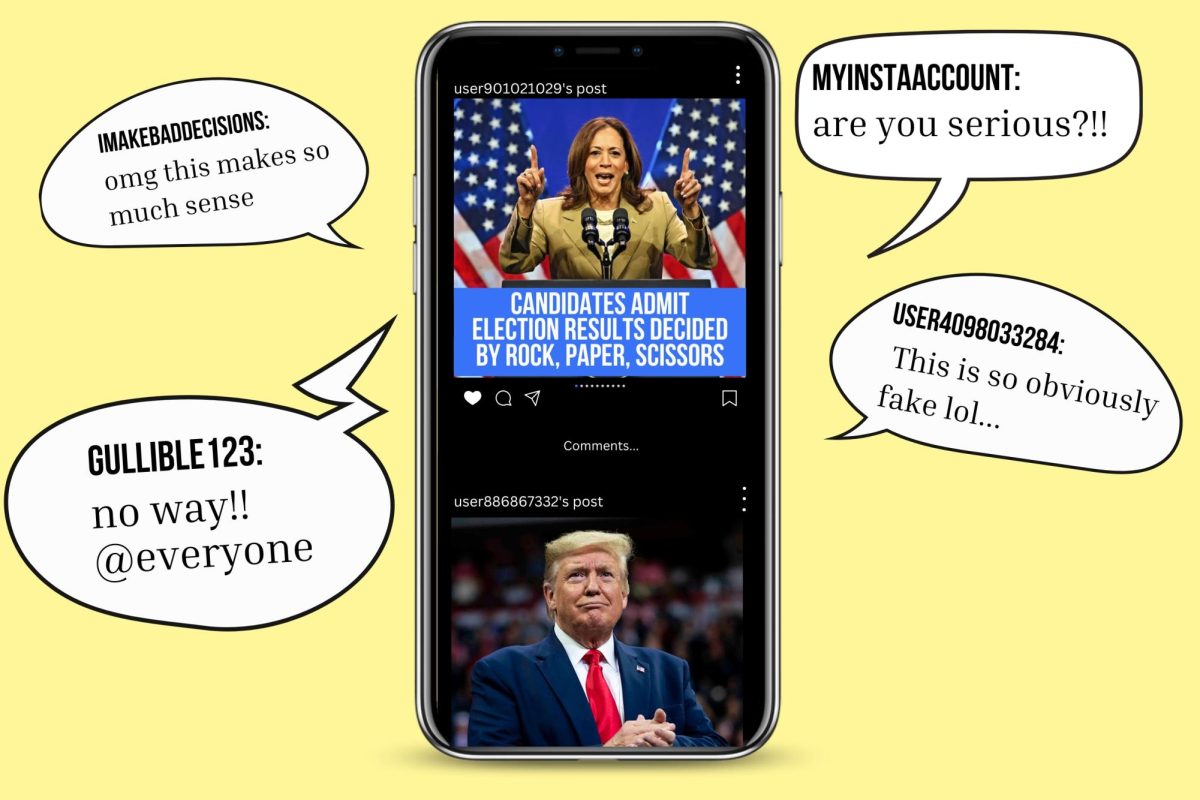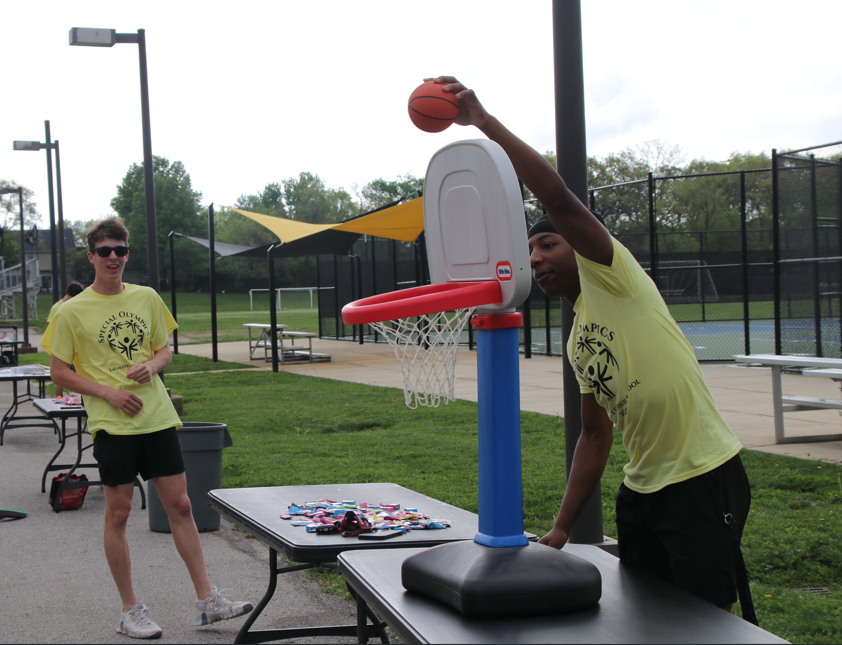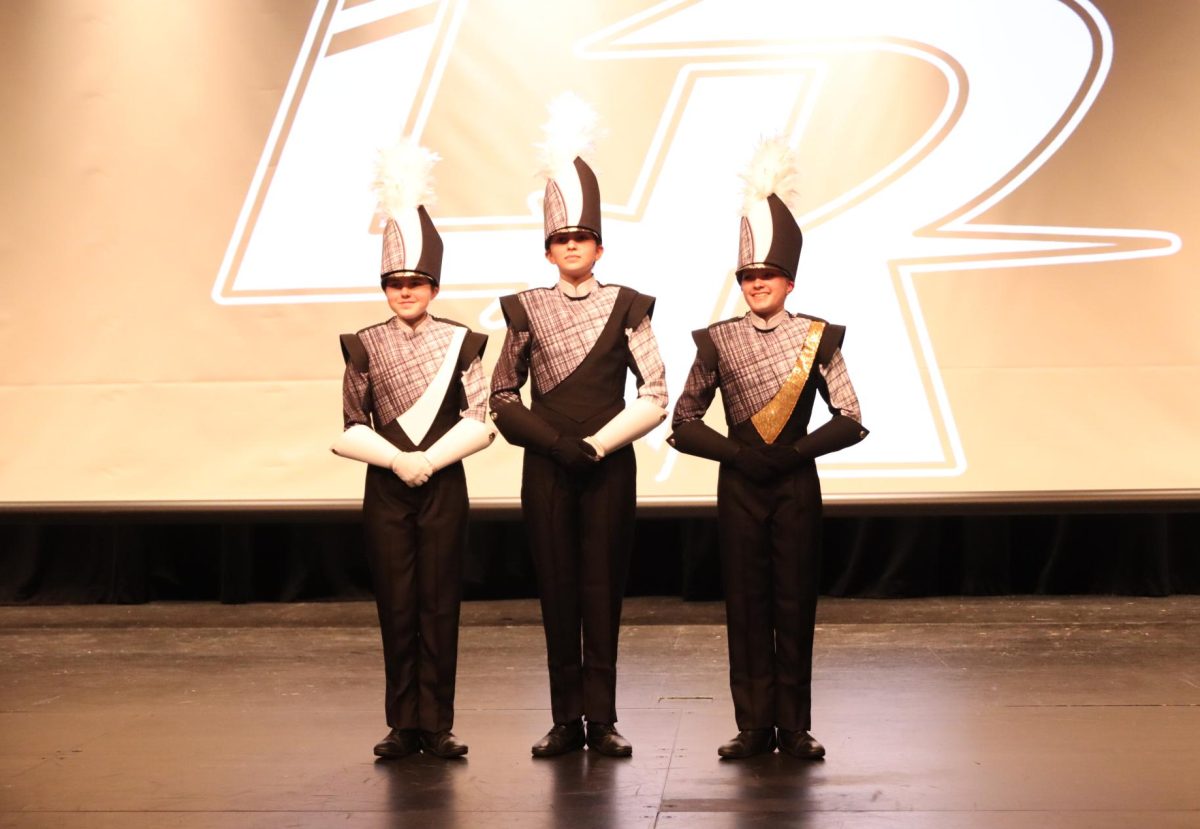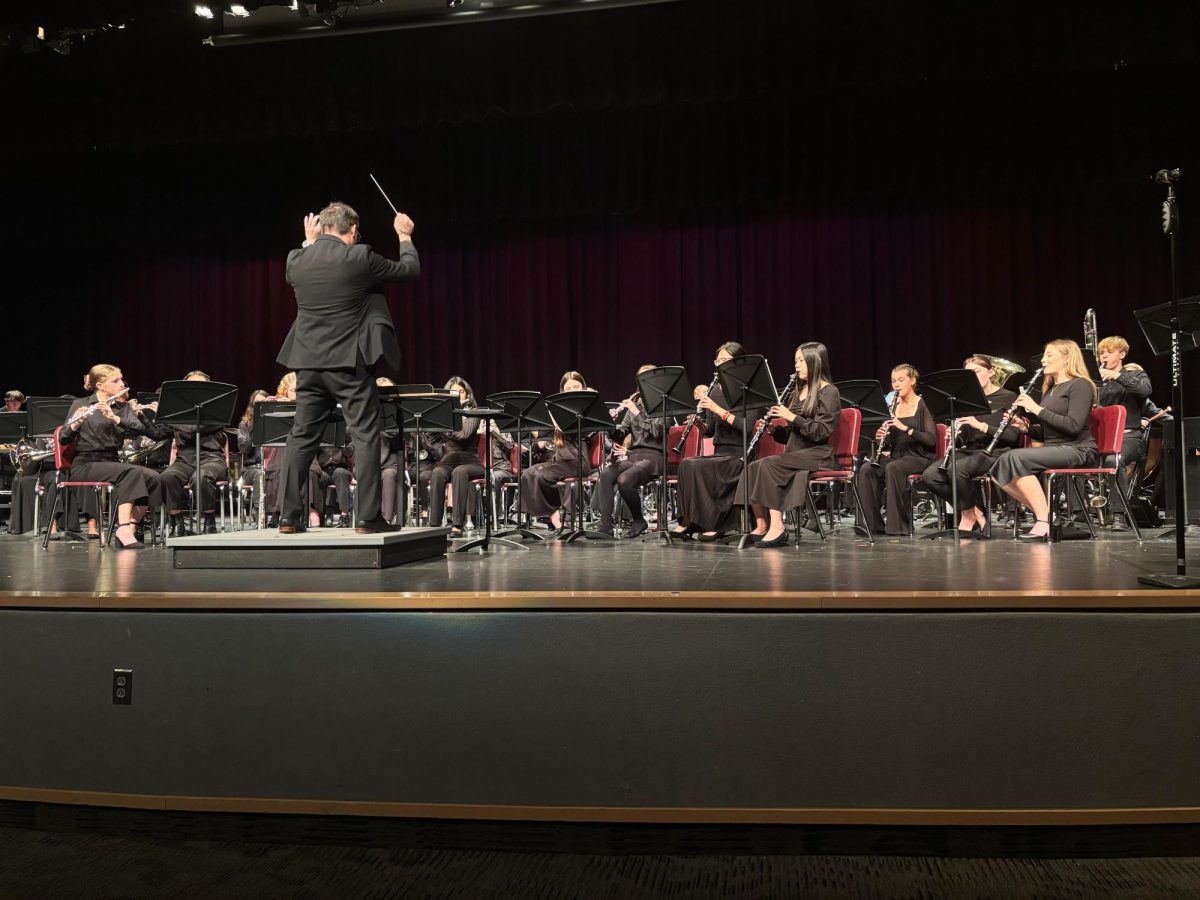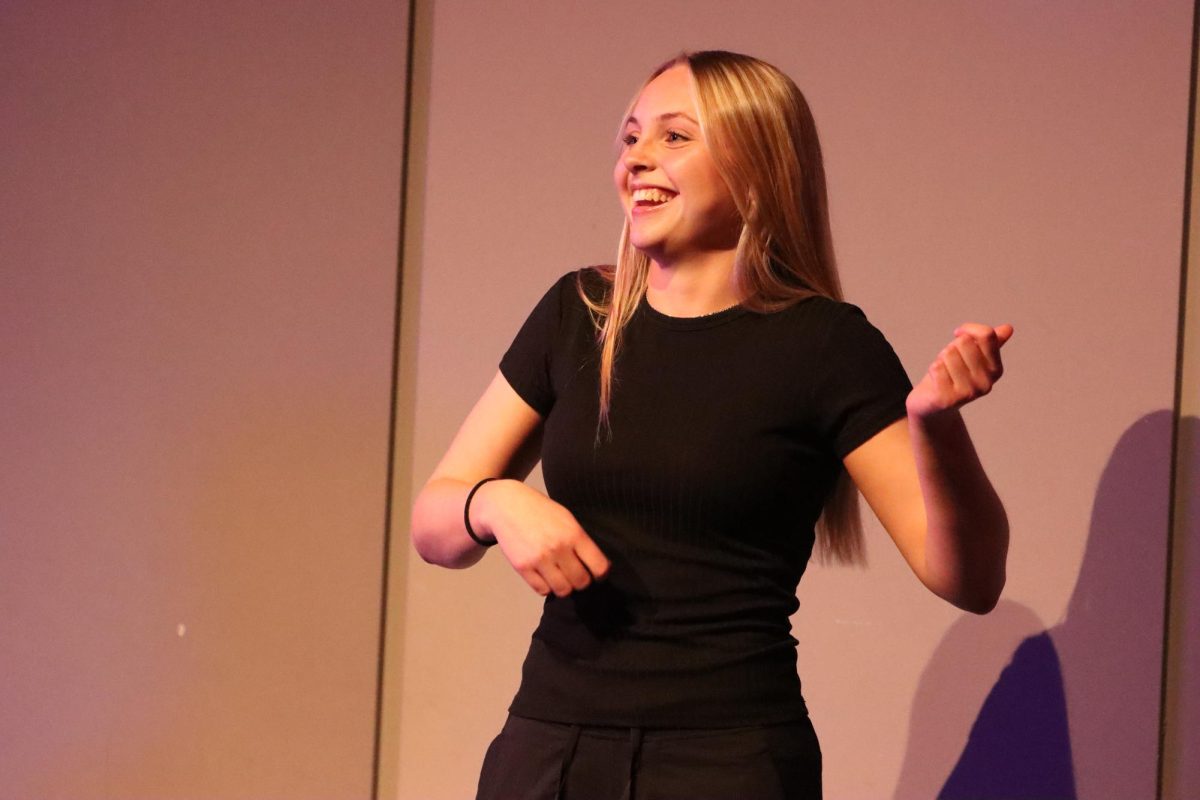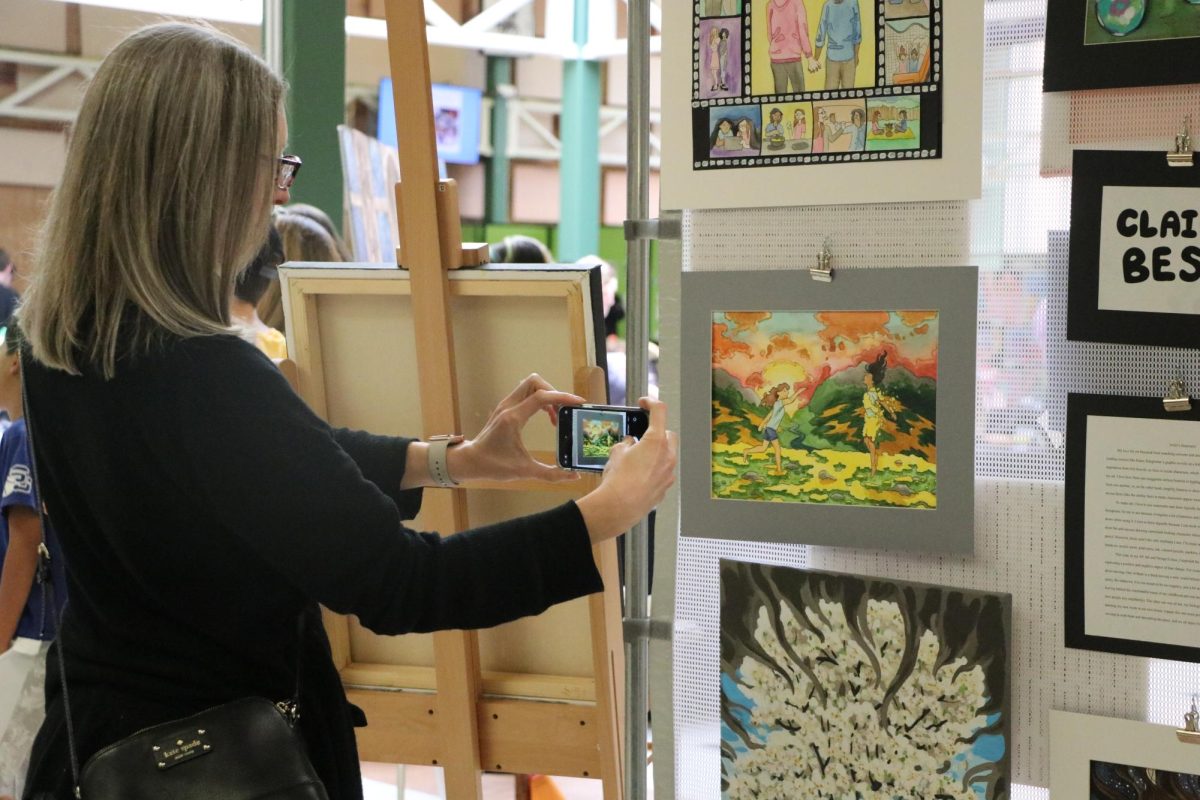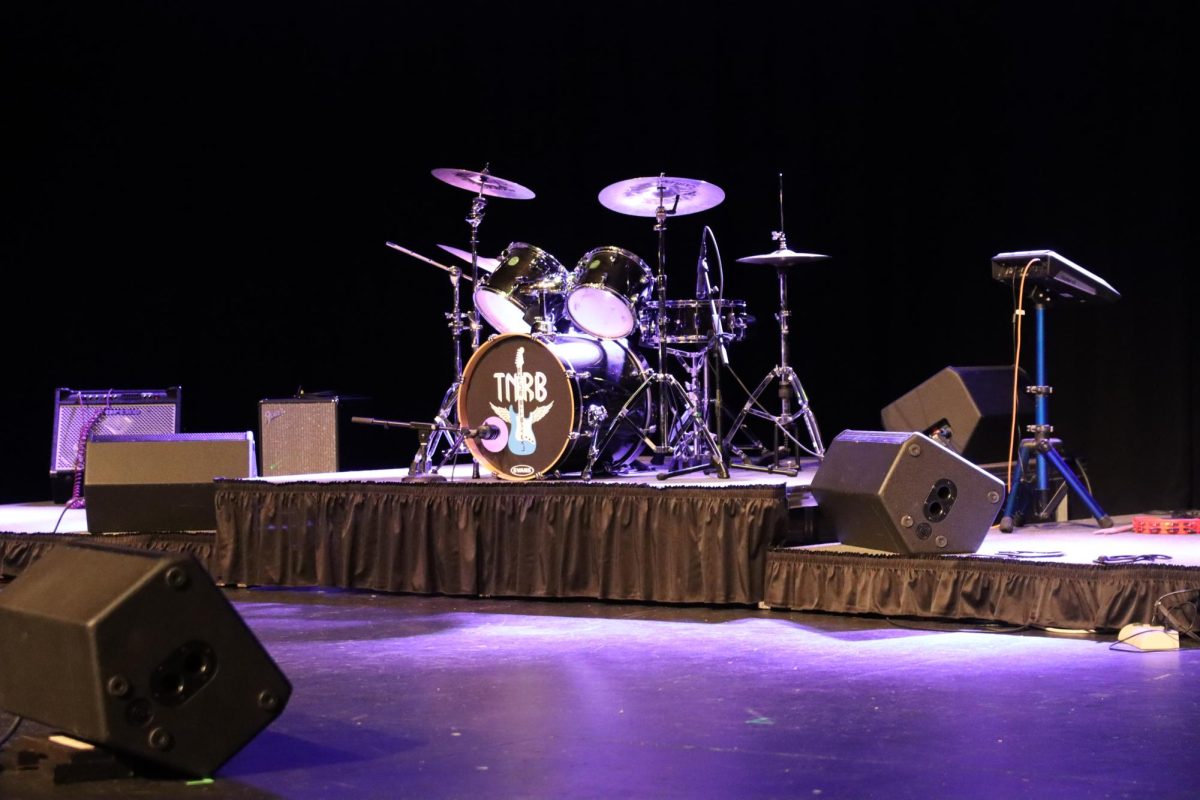The Rockwood School District has restricted ChatGPT from all district devices and networks, as of this October, due to privacy concerns. The district is now shifting their focus towards a new site: Chat for Schools.
“As a student, your personal information would be protected because none of that information makes its way into a large language model,” Rockwood Chief Information Officer Bob Deneau said. “With ChatGPT, that data you’ve entered in is now part of that model and can be used in training.”
Most importantly, Chat for Schools is designed to be used in classroom settings.
“One of the key factors to being a really good AI user is to be good at prompting. Chat for Schools has prompt libraries for each subject area, so if a student is wanting to use AI for a specific purpose, but maybe doesn’t know how to prompt it, they can go to those prompt libraries and Chat for Schools can help them out,” Deneau said.
In addition to its prompt library, Chat for Schools also benefits staff. It can design rubrics and create specified tutors for students. It allows oversight, so teachers can see how students are using the site.
Over the years, programs like Gemini and ChatGPT have been restricted and unrestricted on school-issued Chromebooks and Wi-Fi, mainly due to privacy concerns in the district. ChatGPT was officially restricted in the district shortly after it was released in November 2023, mainly because it required users to be at least 18 years old.
“Since ChatGPT was so new then, schools in general were trying to figure it out. ChatGPT has the potential to disrupt a lot of different things for positive and negative reasons,” Deneau said.
Now, ChatGPT allows users 13 and older to use the platform with parental permission. Following that change, ChatGPT was unbanned in the district, Feb. 1, due to Rockwood feeling the need to embrace AI.
The district then launched the first Canvas course, “AI for Students,” which was aimed to teach students about the ethics of using AI. It was launched in February, 2024.
“ChatGPT, like any other AI platform, can be used incorrectly. It can be used for cheating or academic dishonesty purposes, but that’s the case with any AI model or many products,” Deneau said
As of today, ChatGPT has been re-banned due to concerns about using students’ personal data to train chatbots, with OpenAI’s privacy policy stating they use information, like users location, to “provide, analyze, and maintain [their] services.” OpenAI is the organization that developed ChatGPT.
Language Arts Department Chair Lisa Donovan attended an AI workshop and learned that AI sites can generate multiple-choice questions. That was something she thought would be beneficial for certain classes, such as social studies.
“I thought, ‘well, that’s a really good way to review and it kind of gives you a built in study partner,'” Donovan said.
However, Donovan doesn’t find utilizing AI for writing papers to have those same benefits. She said the language arts department is trying to shift their students away from work on the computer and rely more on handwritten assignments.
“Students are turning over the ownership of their thinking to something else, which is just kind of sad,” she said.
A revamped Canvas course will be published in the near future, aiming to teach students about ethical uses of AI.







